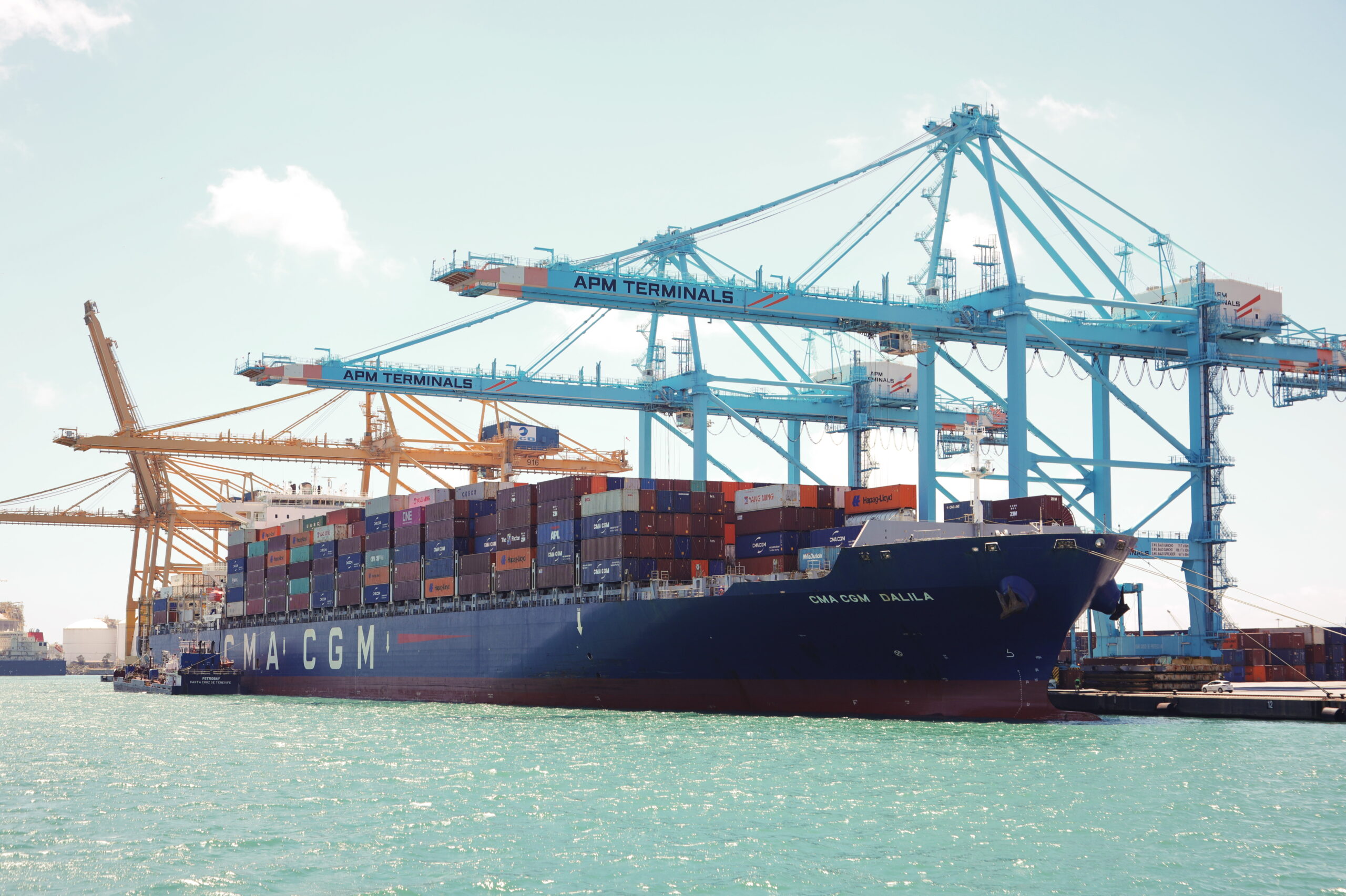Can Spain become an international logistics powerhouse?
Since 2020 and the outbreak of the COVID19 pandemic and in the field of international logistics, ecommerce has grown exponentially. All of us, unable to leave our homes, have…
On July 15, 2022

Since 2020 and the outbreak of the COVID19 pandemic and in the field of international logistics, ecommerce has grown exponentially. All of us, unable to leave our homes, have…
On July 15, 2022
Since 2020 and the outbreak of the COVID19 pandemic and in the field of international logistics, ecommerce has grown exponentially. All of us, unable to leave our homes, have been buying the now famous “pleasure shopping” on the Internet. This type of purchases are those related to goods that are not basic necessities. But these purchases are products or services that interest us and we demand individually.
For this reason, the delivery and reception times for orders are becoming shorter and shorter. People are demanding faster delivery times. In the past, orders used to take a month from China to Spain, for example. Now we can often receive them within a week.
According to data from the Observatory of Transport and Logistics in Spain, there are about 140,000 companies directly related to the logistics sector in our country. In relation to this data, there are 1 million jobs in the sector and last year 2,000 million tons were transported, of which 1,500 correspond to domestic shipments.
According to figures provided by the same source, there are 35 million vehicles circulating on our roads. Spain has 165,000km of roads and a very good rail network of 15,000km. We also manage 46 airports, 2 heliports and 28 port authorities. These data are ideal for us to become an international logistics power.
Spain’s main problems are administrative barriers and the slowness of different procedures such as customs formalities. Similarly, Spain should continue to invest in intermodality as we have a consolidated and good quality road and rail network. “Within FM Logistic’s vision, we consider that the Iberian Peninsula is a logistics unit that must be optimized in all its logistics means and infrastructures. For this reason, we are developing connections with all the logistics nodes of a global supply chain from the ports to the big cities,” argues Pablo Gómez, general manager of FM Logistic Ibérica.

On the other hand, Spain has a good geostrategic location since it has direct access and is located between the Asian and Latin American continents. Another benefit that Spain has with Latin American countries is that we share the same language and this brings us closer to their culture and activity.
Similarly, in terms of employment data, logistics in Spain is still booming. According to the latest Logistics Forum Employment Barometer of June 2022, more than 7,000 people have been affiliated to the social security system in jobs related to this sector. Similarly, there are more and more institutes and universities in our country that offer courses and professional training related to logistics.
Another important point to highlight among logistics companies in order to become a world power in logistics is to continue betting on the decarbonization of the sector. It is important to continue investing in innovation, technology and green fuels in order to be a solid alternative to other offers from other countries. Similarly, it is essential to decarbonize last-mile logistics. There are more people in the world every day; according to the latest World Bank data, we are approaching the whopping figure of 8 billion people worldwide. We need to act now to try to curb the pollution we emit into the environment and to control the dramatic rise in temperatures that we are already noticing in every corner of the world.
At FM Logistic last year we changed our business strategy to Supply Change, where we are committed to zero-emission logistics and to becoming carbon neutral in all our activities by 2030.
How can we help you ?
Fill in the form